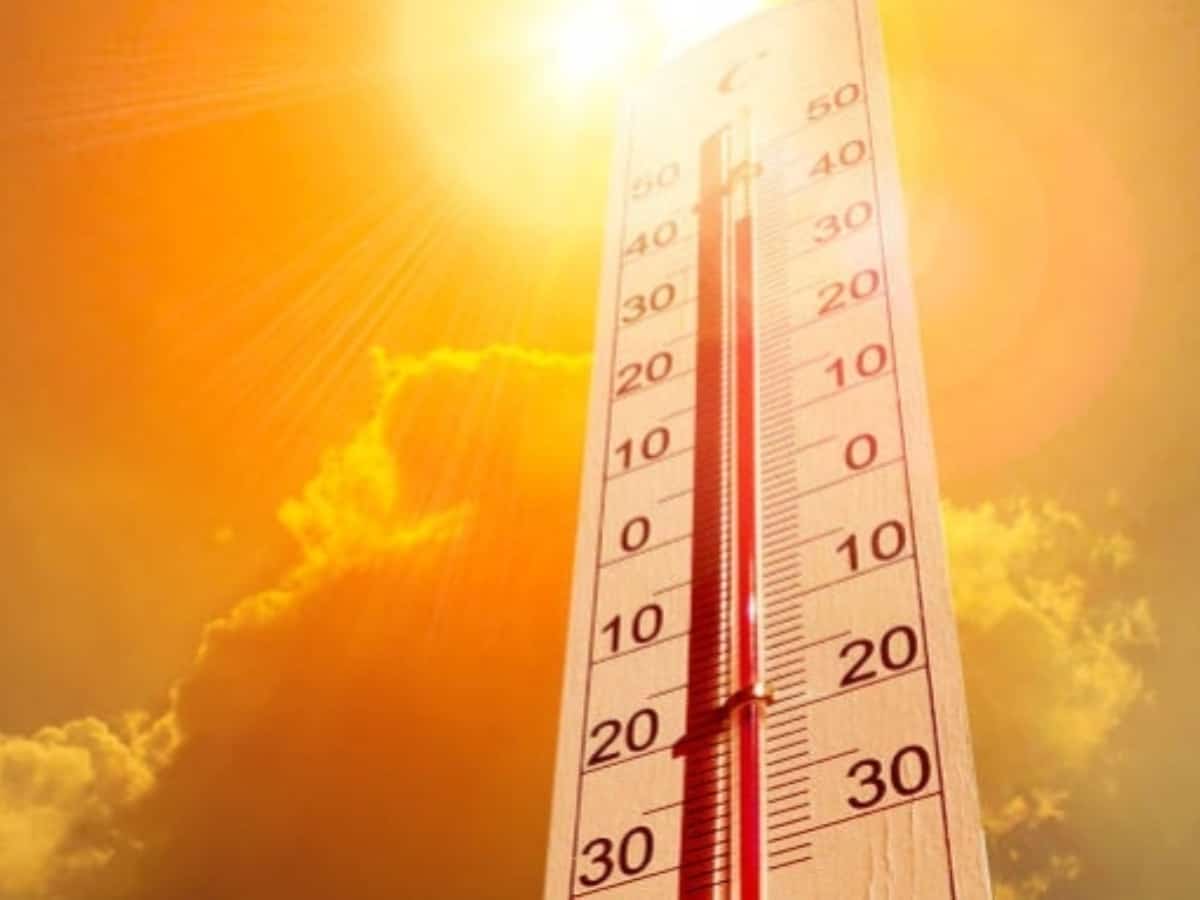
Amaravati: Amid rising day time temperatures across the state, the Andhra Pradesh State Disaster Management Authority (APSDMA) on Monday issued a warning that sultry summer days will start from the month of March itself and intensify in April and May.
APSDMA managing director R Kurmanath noted that the sweltering summer will also be influenced by El Nino, a weather phenomenon in which warm water in the Pacific Ocean is pushed back east towards the west coast of the Americas.
“Under the influence of El Nino, April and May, along with March, will have torrid days. The India Meteorological Department has already warned of excessive heat waves,” said Kurmanath in a press release.
The most affected districts would include Kurnool, Anantapur, Sri Satyasai and Kadapa in the Rayalaseema region, he said.
Further, Kurmanath observed that some places in Alluri Sitarama Raju, Konaseema, Visakhapatnam, Prakasam, Nellore and Vizianagaram districts will also record high temperatures.
Kurmanath highlighted that 723 people succumbed to heat waves in 2016, while 236 died in 2017 and the numbers were 8 (in 2018) and 19 (in 2019) while no deaths were reported in 2020, 2021 and 2022 due to comprehensive government efforts.
However, three people died in 2023, he said.
Kurmanath said the State Emergency Operations Centre in APSDMA regularly monitors high temperatures and heat waves to alert the district administrations two days in advance.
Besides the torrid summer, the managing director observed that people should be wary of cumulonimbus clouds which can generate sudden heavy rains and thunderbolts.
APSDMA’s state control room operates helplines 112, 1070 and 18004250101 round the clock to share information.
The disaster management authority called on daily wage labourers to complete their work during morning hours and retire to their residences before noon, among other precautions for all.
